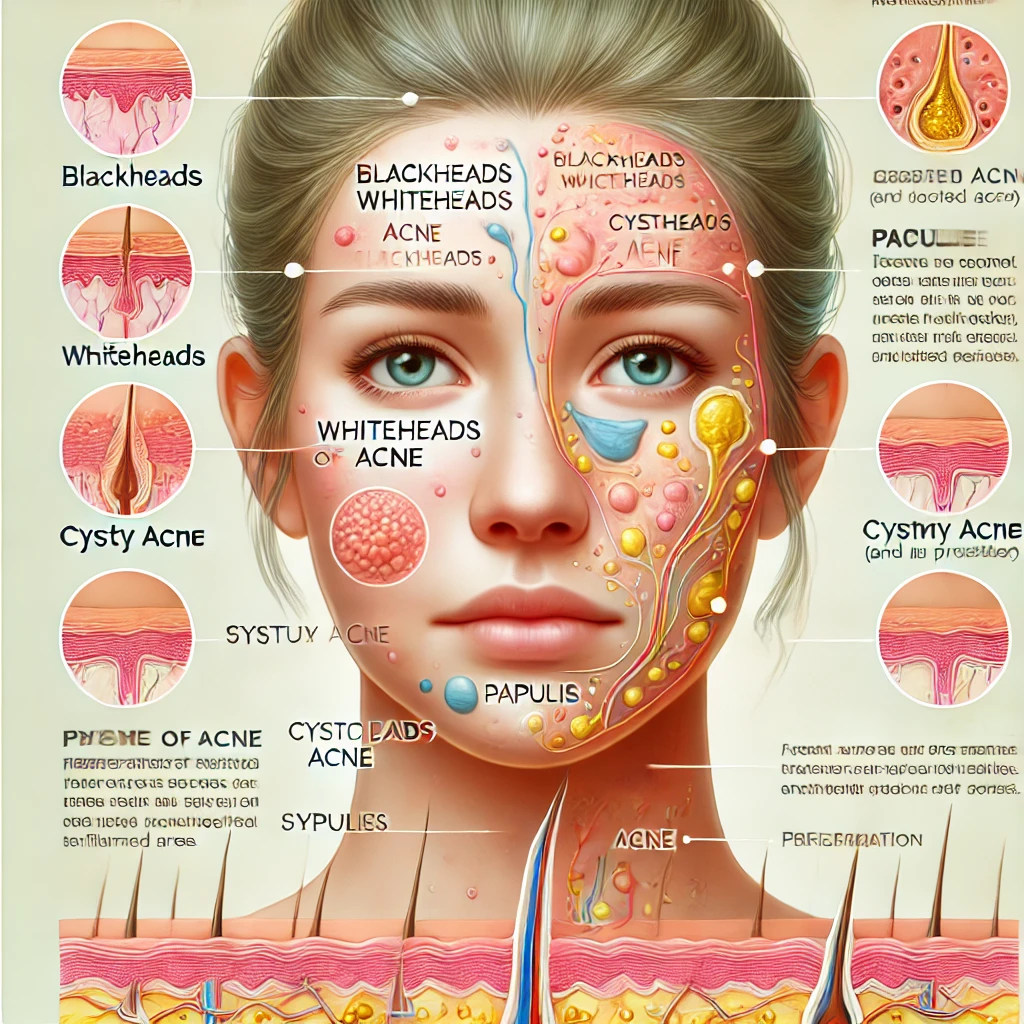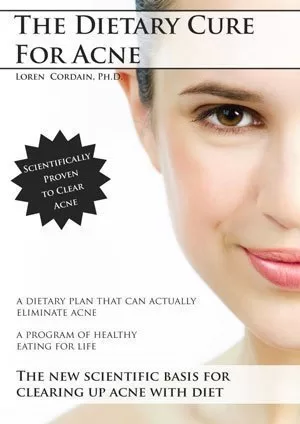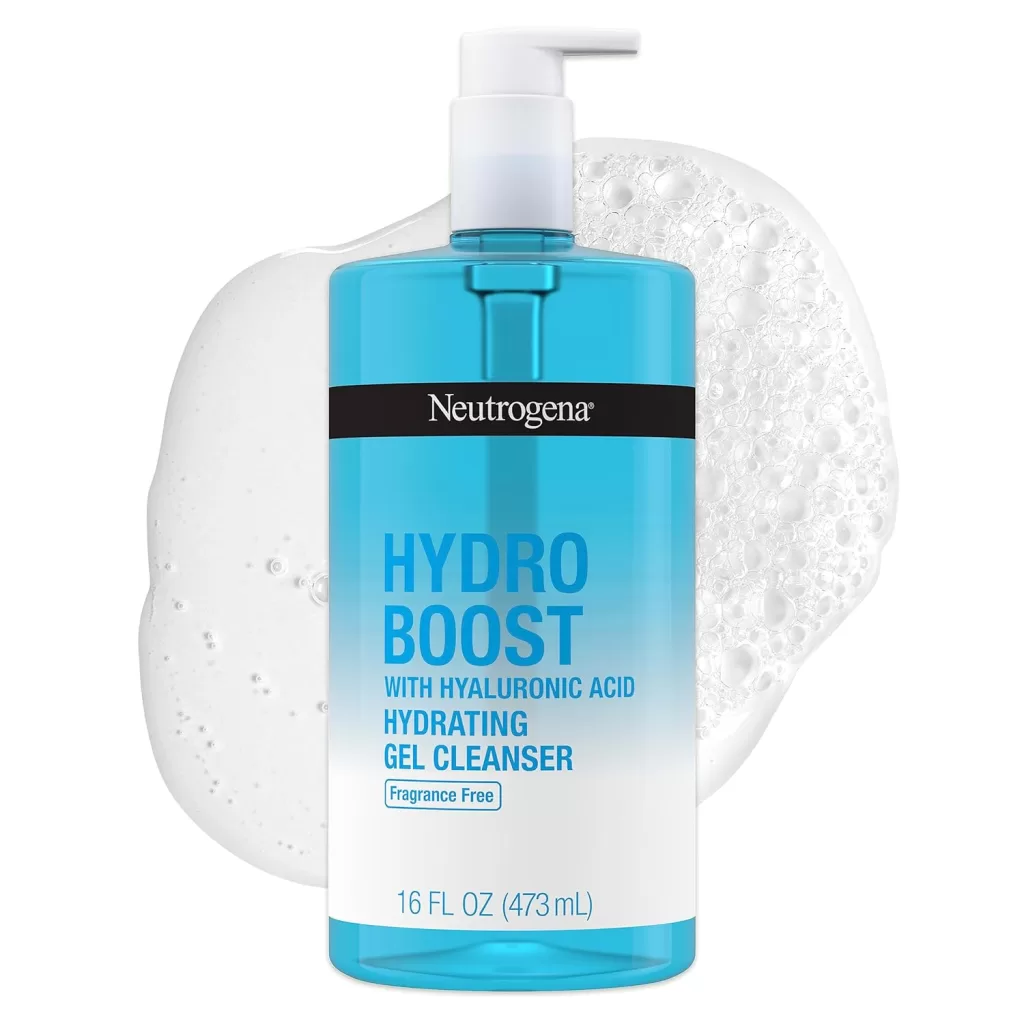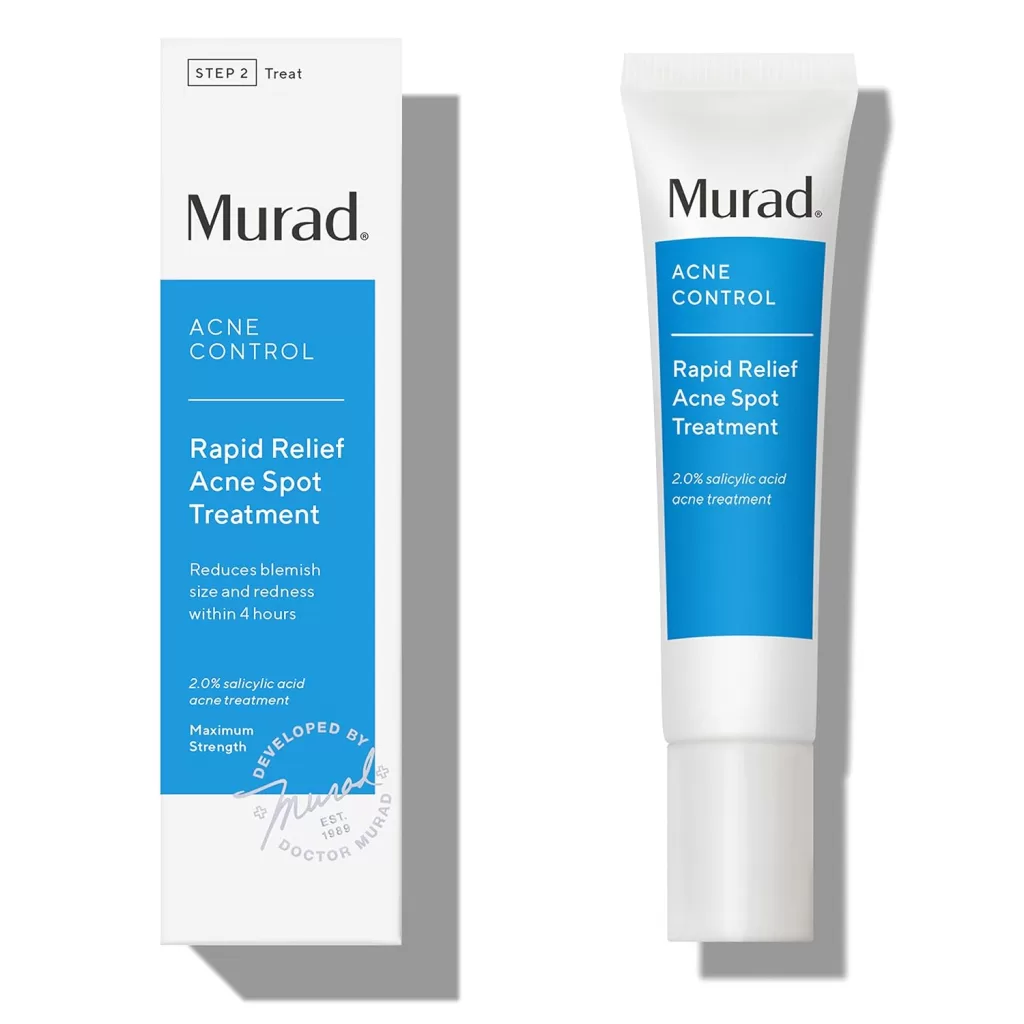Separating Acne Facts from Fiction: What You Really Need to Know
Acne is an extremely common skin condition that impacts millions of people globally at some point in their lives. Despite its prevalence, there are numerous myths and misunderstandings about acne that can cause confusion, lead to ineffective treatments, and even make the condition worse. In this article, we will break down some of the most common misconceptions about acne and provide evidence-based insights to help you better understand and manage your skin.
Myth 1: Acne is Caused by Poor Hygiene
A common misconception about acne is that it’s caused by poor hygiene. In reality, acne is largely influenced by factors like excess oil production, clogged pores, bacteria, and inflammation. While maintaining a good skincare routine is important, over-washing or scrubbing your skin too much can backfire, making acne worse by removing essential oils. This can cause the skin to produce even more oil, leading to further breakouts.
Fact: Acne is not caused by dirt or a lack of cleanliness. Gentle cleansing twice a day is sufficient for most people to keep their skin clean without worsening breakouts.
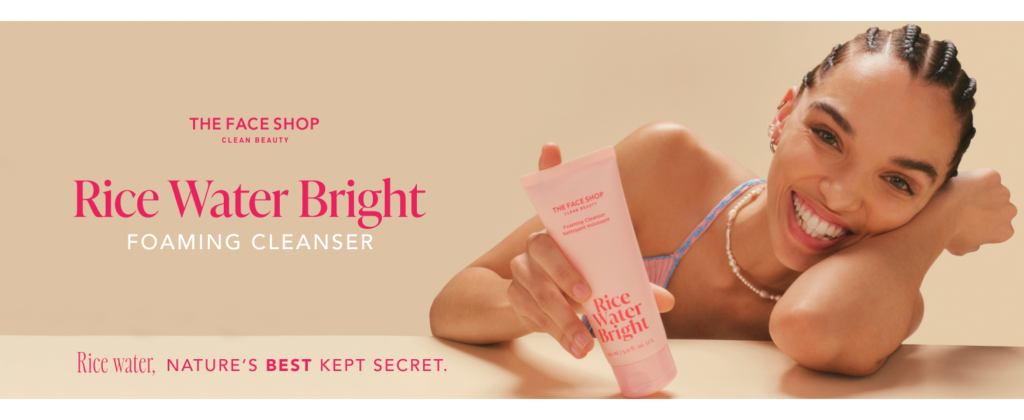
The Myth of Popping Pimples: Does It Really Make Them Go Away Faster?
Many people believe that popping a pimple will help it heal faster, but this is far from true. Squeezing a pimple forces bacteria and pus deeper into the skin, leading to more inflammation, a longer healing time, and even permanent scarring.
Fact: Popping pimples increases the risk of infection and scarring. It’s best to let the pimple heal naturally or use spot treatments containing benzoyl peroxide or salicylic acid.
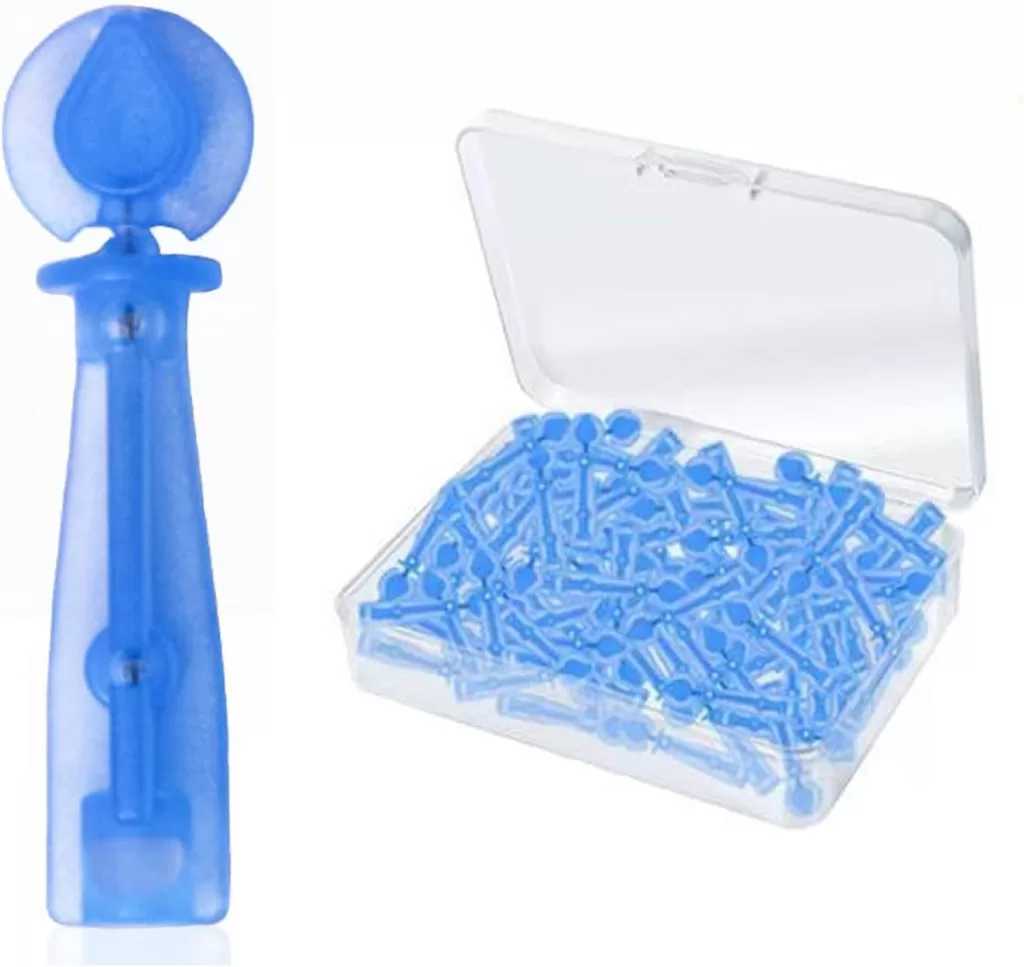
Professional 50pcs Disposable Blackhead and Blemish Remover Tools for Acne, Whitehead, Comedone Removal – Pimple Popper Set for Salon and Home Use
Myths, Only Teenagers Get Acne
Acne is often associated with teenagers, but many adults also suffer from it. Hormonal changes, stress, and genetics can cause adult acne, particularly in women. This misconception leads many adults to feel embarrassed or frustrated when they experience breakouts later in life.
Fact: Acne can affect people of all ages. Adult acne is particularly common and often requires different treatment approaches compared to teenage acne.
Myths, Debunking: Oily Foods Cause Acne
Another prevalent misconception is that eating greasy or oily foods leads to acne breakouts. While diet can influence skin health, there’s no direct evidence that foods like pizza or fries cause acne. Instead, a diet high in refined sugars and carbohydrates may contribute to acne flare-ups.
Fact: There’s no clear link between eating greasy foods and acne. However, consuming a balanced diet rich in whole foods can promote overall skin health.
Myths, Sunlight Clears Up Acne?
Some believe that sun exposure or tanning can help reduce acne by drying out the skin. While tanning may temporarily reduce the appearance of acne, it can lead to long-term damage, including skin aging and an increased risk of skin cancer. UV rays also cause inflammation, which can worsen acne over time.
Fact: Tanning may seem to improve acne temporarily, but it ultimately damages the skin and can make acne worse in the long run. Always use sunscreen, especially if you’re using acne treatments that increase sun sensitivity.
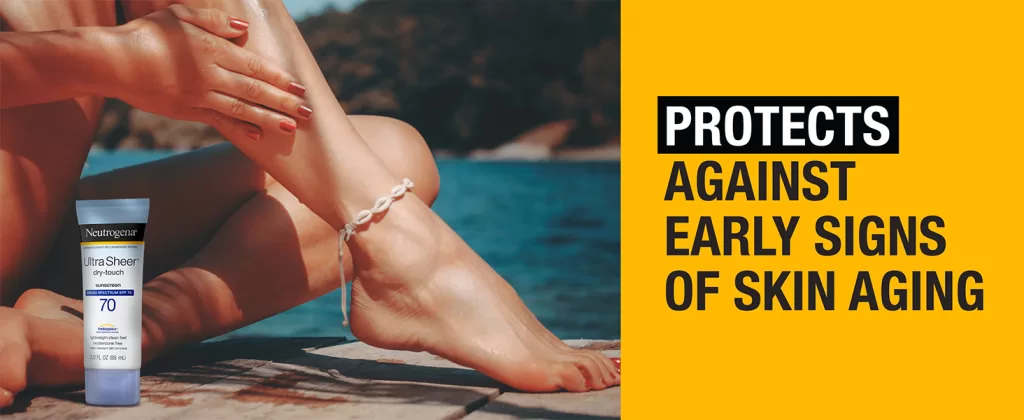
Debunking Myths and Effectively Managing Acne
Now that we’ve debunked some common myths, it’s essential to focus on effective ways to manage acne. Here are a few tips to follow:
- Gentle Skincare: Use non-comedogenic products that won’t clog your pores, and avoid harsh scrubbing or over-cleansing.
- Spot Treatments: Opt for treatments that contain proven acne-fighting ingredients like benzoyl peroxide or salicylic acid.
- Consult a Dermatologist: If over-the-counter products aren’t working, consult a dermatologist for prescription treatments tailored to your skin type.
FAQs
- Is acne caused by poor hygiene?
- No. Acne is primarily influenced by factors like excess oil production, clogged pores, bacteria, and inflammation.
- Does popping pimples help them heal faster?
- No. Popping pimples can increase the risk of infection and scarring.
- Do only teenagers get acne?
- No. Acne can affect people of all ages, including adults.
- Do oily foods cause acne?
- No. There’s no direct link between eating greasy foods and acne.
- Does sunlight clear up acne?
- No. Tanning can temporarily reduce the appearance of acne but can lead to long-term skin damage and worsen acne over time.
Key Takeaways:
- Gentle Skincare: Use non-comedogenic products and avoid harsh scrubbing.
- Spot Treatments: Utilize products containing benzoyl peroxide or salicylic acid.
- Consult a Dermatologist: Seek professional advice for personalized treatment plans.
By understanding the facts and debunking common myths, you can effectively manage acne and achieve healthier, clearer skin.
Conclusion: Breaking Free from Acne Myths
Dealing with acne can be a frustrating experience, especially with so many myths and misconceptions surrounding it. The key to effective acne management is to focus on evidence-based skincare and solutions that are backed by scientific research. By understanding that acne is a complex skin condition that varies from person to person, you can treat it more carefully and with patience, avoiding unnecessary damage.
For more skincare advice and product recommendations, check out our other articles. @whereandhowresources

